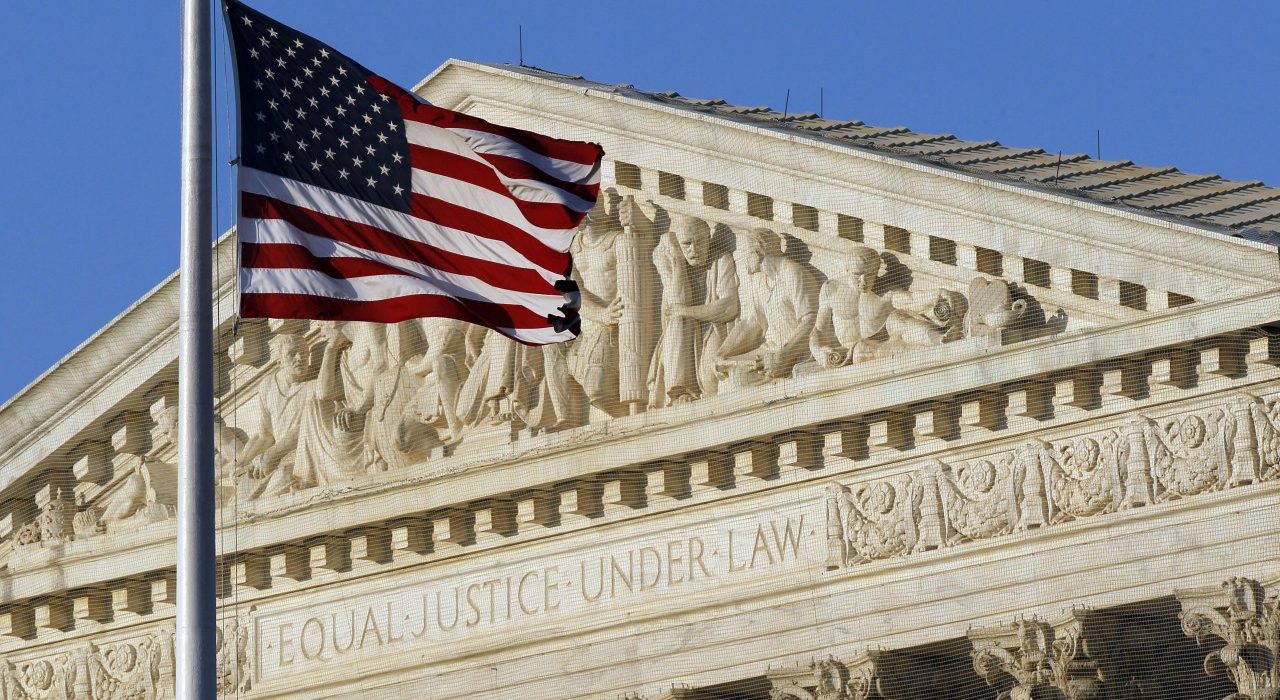Should a designer, based on their religious objections, be allowed to refuse to make a website for a same-sex couples wedding?
That was the question that the Supreme Court justices grappled with on Monday during oral arguments in 303 Creative LLC v. Elenis, a case involving a Colorado web designer who says her states antidiscrimination law would compel her to create speech that contravenes her Christian beliefs.
In more than two hours of arguments about the line between when an artist or vendor is expressing themselves or simply providing a service to the general public, the justices quizzed lawyers for Lorie Smith over whether her web design services amounted to her potentially endorsing a same-sex marriage.
Conversely, attorneys representing Colorado and the federal government argued that allowing Smiths claim to succeed would open other avenues for vendors to discriminate against broad swaths of the public.
How about people who don’t believe in interracial marriage? Or about people who don’t believe that disabled people should get married? Justice Sonia Sotomayor asked Smiths attorney Kristen Waggoner. Where’s the line?
The dispute centers on a Colorado public accommodation law that the court had previously considered in 2018 when a baker refused to make a custom wedding cake for a gay couple. In that case, the justices mostly punted on the central clash between religion and civil rights by instead issuing a narrow ruling that the baker had been treated with hostility by the Colorado Civil Rights Commission.
In Mondays case, Smith had not yet turned away a specific couple but was instead arguing preemptively that the law would prevent her from doing so.
Waggoner, the attorney, sought to frame the case not as one about Smith denying service to a particular class of individuals, but instead about the government forcing her to speak in favor of something she objects to. Smith has had LGBTQ clients in the past, Waggoner noted, but she now would not make a website for such a couples wedding.
Similarly, Wagonner said, if a heterosexual couple met while married to other partners and wanted their guests to know they had found love while being adulterous, Smith should be free to refuse to create a website for them.
Compelled speech crushes the speakers conscience, and it is the tool of authoritarianism, which is why this court has never allowed it, said Waggoner, the CEO and president of the religious legal group Alliance Defending Freedom.



